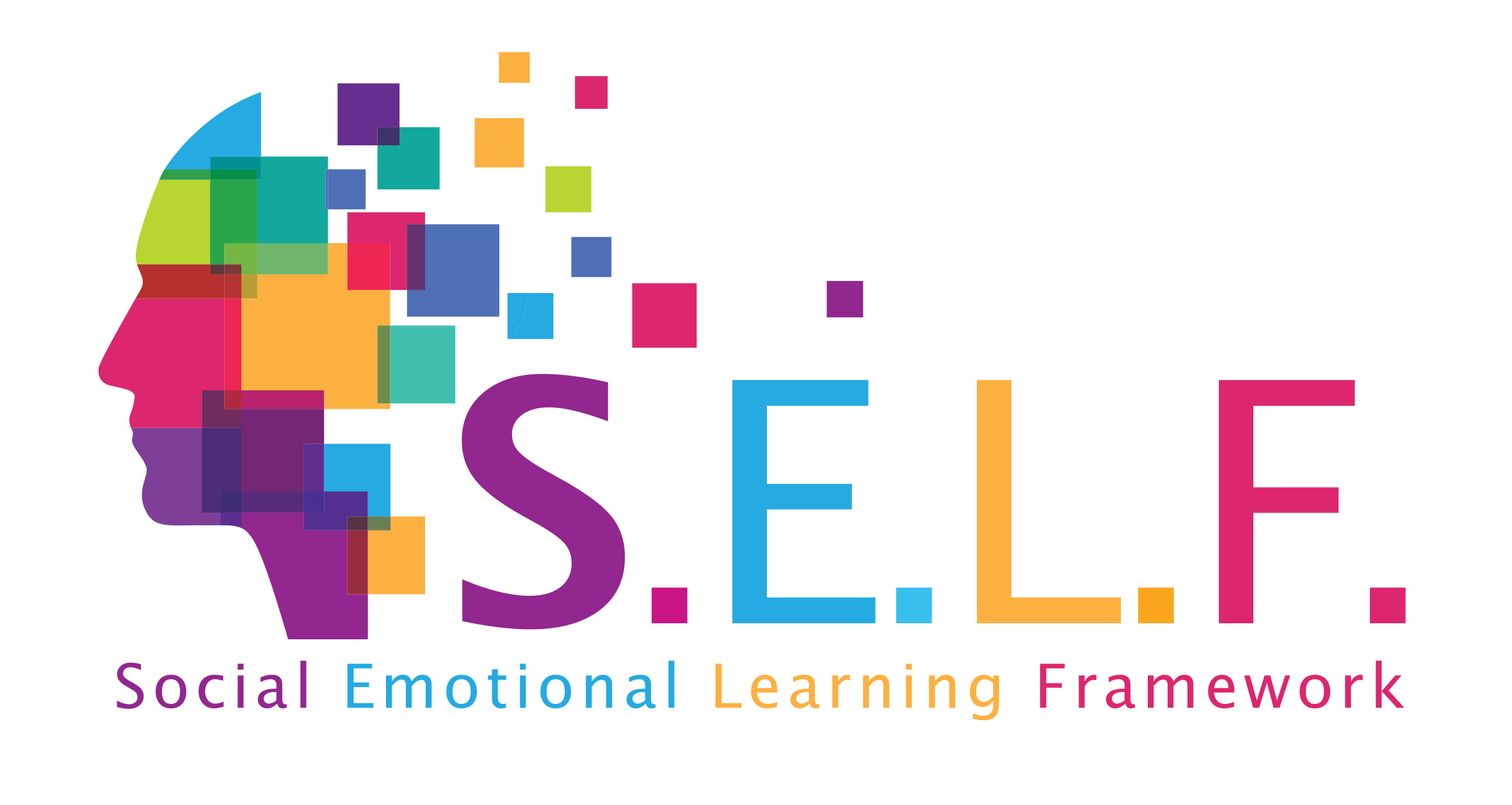TRAUMA AND EMOTIONAL RESILIENCE
What are Trauma And Emotional Resilience?
Why Is It Important?
Best Practices
What Are Trauma And Emotional Resilience?
What is Trauma?
Trauma is a set of events that threatens and damages an individual’s life, living integrity, and belief system. In other words, it is an event or circumstance that has adverse effects on the individual’s mental, physical, social and emotional functioning and well-being.
Individuals may experience traumatic events in four ways:
1- The event directly happens to them
2- They witness the event and help the person it happens to
3- They learn that the event happens to someone they love
4- They may experience it due the nature of their profession (e.g. police, civil defense teams, firefighters, psychologists, etc.)
Classification of traumatic events:
a-) Collective trauma: earthquake, wars, etc.
Individual trauma: custody, violence, rape, incest, traffic accident, loss of job, etc.
b-) Chronic traumas: ongoing war, incest, abuse, etc.
Acute (sudden) traumas: physical violence, accidents, etc.
c-) Intentional trauma resulting from purposeful human action: rape, civil war, physical violence, etc.
Natural disasters: earthquake, flood, etc.
Technological accidents: mining disasters, traffic accidents, etc.
While traumatic events are fairly common, they do not always occur as psychopathological symptoms. What are the factors that trigger the emergence of a disorder after an event?
 Personal Traits: Age (children and the elderly are under a bigger risk); being single/widowed/divorced; lower socio-economic level (not only are they more likely to experience, but also they cannot afford help); lower education level; social gender roles (LGBTI+ community); childhood traumas; a psychiatric disorder history in family; some personal traits (especially avoidant and anxious personalities); genetic factors; physical disorders experienced in trauma moment, being unprepared (being prepared brings about strength), non-functional coping methods
Personal Traits: Age (children and the elderly are under a bigger risk); being single/widowed/divorced; lower socio-economic level (not only are they more likely to experience, but also they cannot afford help); lower education level; social gender roles (LGBTI+ community); childhood traumas; a psychiatric disorder history in family; some personal traits (especially avoidant and anxious personalities); genetic factors; physical disorders experienced in trauma moment, being unprepared (being prepared brings about strength), non-functional coping methods
-
Trauma-Related Factors: The severity of the traumatic event (ex.: the number of casualties in an earthquake); frequency of the traumatic event (ex.: continuous harassment); being near a traumatic area (ex.: living nearby an earthquake’s epicenter, closely knowing a rapist); traumas resulting from an intentional action of a human; a specific response to trauma (pathological risk is higher if fear and terror reactions are clearly higher during an incident)
-
Environmental Factors: Insufficient access to medical, psychological, and social help services; deficiency of social resources/support; living in an underdeveloped/developing country; being an immigrant/refugee. If support from the families, relatives, friends or the society fail to work out in the post-traumatic process, a traumatized individual’s tendency to feel guilty and ashamed, and to be affected increases, while their resilience lowers.
All such factors result in a number of illnesses such as mental trauma, PTSD, acute stress disorder, major depression, panic attack, sexual dysfunction, sleep disorders, somatization, dissociative disorders (depersonalization, derealization, amnesia).
Having said that, an individual’s reaction to a traumatic experience is personal. Many people continue to experience positive emotions in the face of traumatic incidents, managing to cope well with traumatic events. A person’s psychological health might be much less affected especially when the aforementioned risk factors are lower, they have little to none traumatic experience previously, and have a strong support system or have developed a flexible personal structuring. Psychological resilience is defined as a dynamic process where an individual adopts a positive physiological and behavioral determination, despite encountering stress factors and significant traumatic troubles. Psychological resilience is an improvable variance which is a measurement for an individual’s capability of dealing with challenges and coping with stress to overcome those challenges.
Why Is It Important?

- Research indicates that the impacts of trauma may harm educators, and that may, in turn, translate into impacts on the students.
- Traumatic events may disrupt individual’s functionality at home, work, school or social live, while causing them to experience some difficult in fulfilling their responsibilities in those areas. Therefore, early diagnosis of the implications of a traumatic process would translate into positive implications in the treatment process.
- Following traumatic events, people may develop misperception or misconceptions regarding their sense of self. Support provided to mitigate the PTSD effects is critical since this might negatively an individual’s subsequent actions.
- Studies on psychological resilience found out that people with higher psychological resilience can tackle poverty, violence, diseases, and other numerous stressful life events more successfully.
- Research further reinforces that psychologically-resilient individuals have generally developed stronger social and problem-solving skills, are more optimistic, while also being aware of their life purpose.
- Studies reveal that people who have experienced similar negative events can overcome problems more comfortably or tackle the distress caused by such events with minimal harm when their psychological resilience levels are improved.
- The more psychological resilience teachers develop, the more they are likely to use positive coping skills to overcome stress and the less they are likely to resort to desperation or fall into despair.
